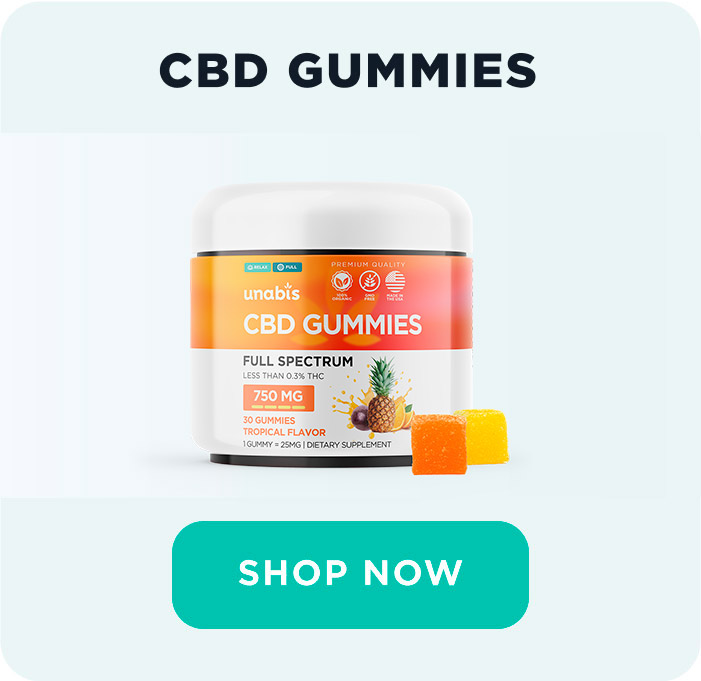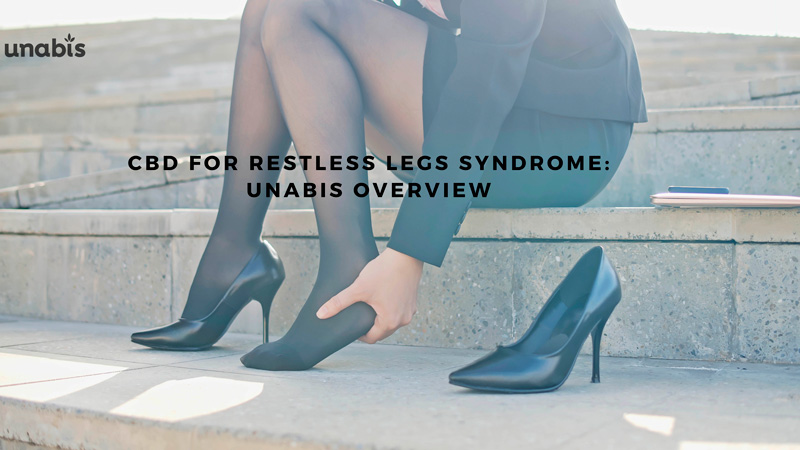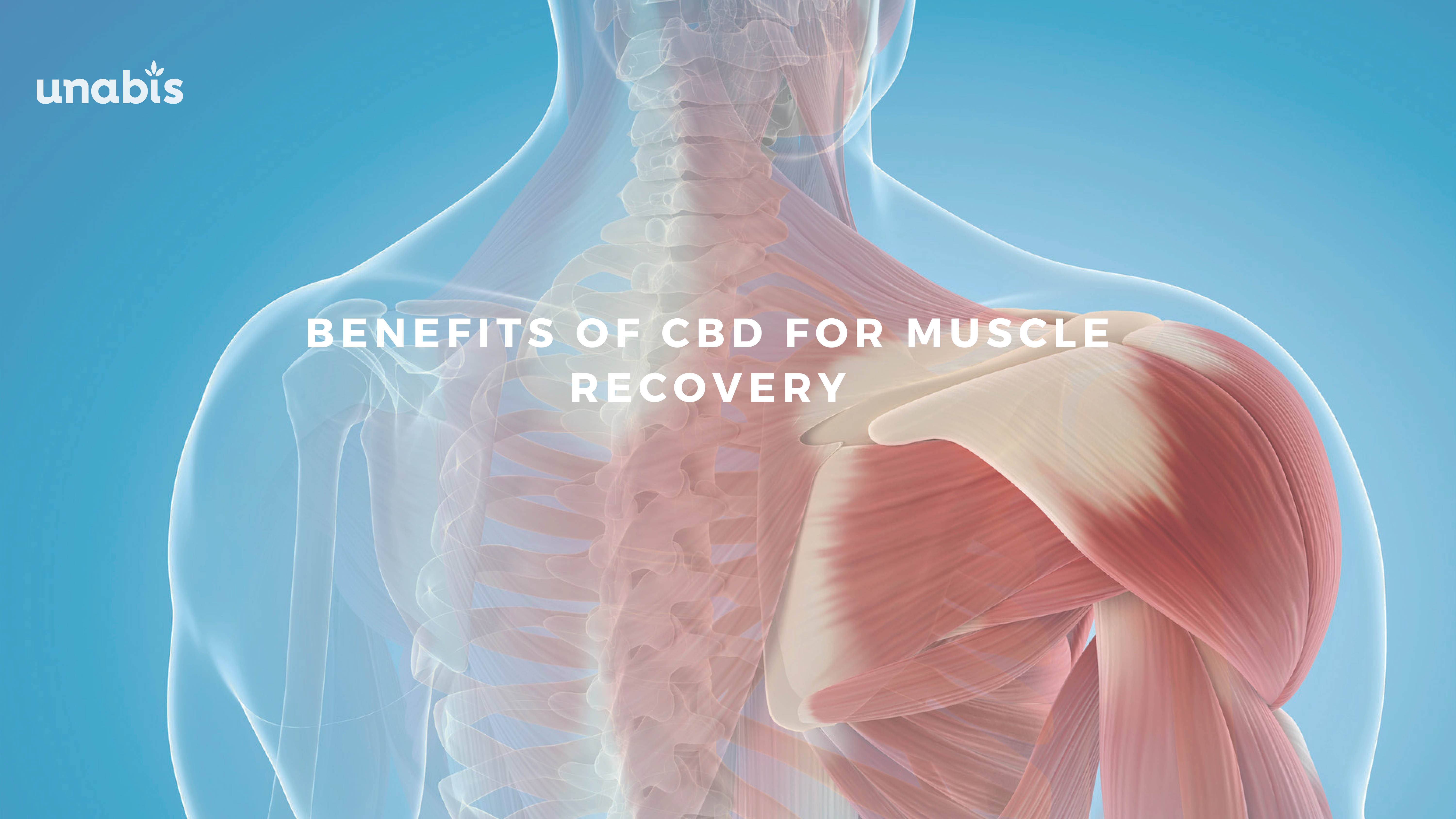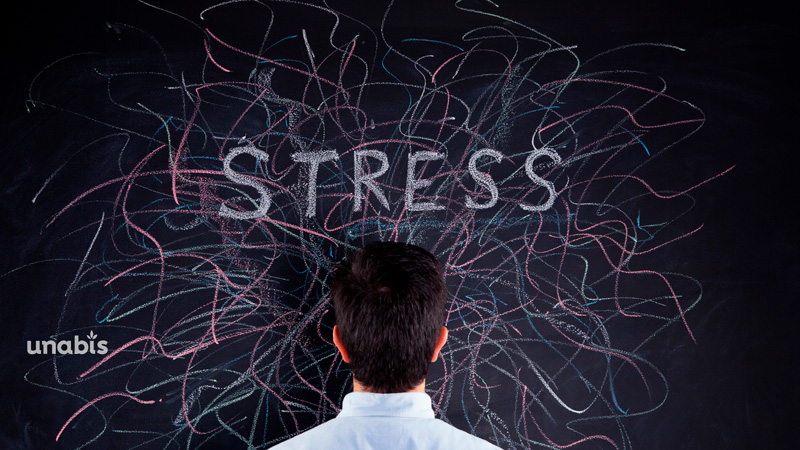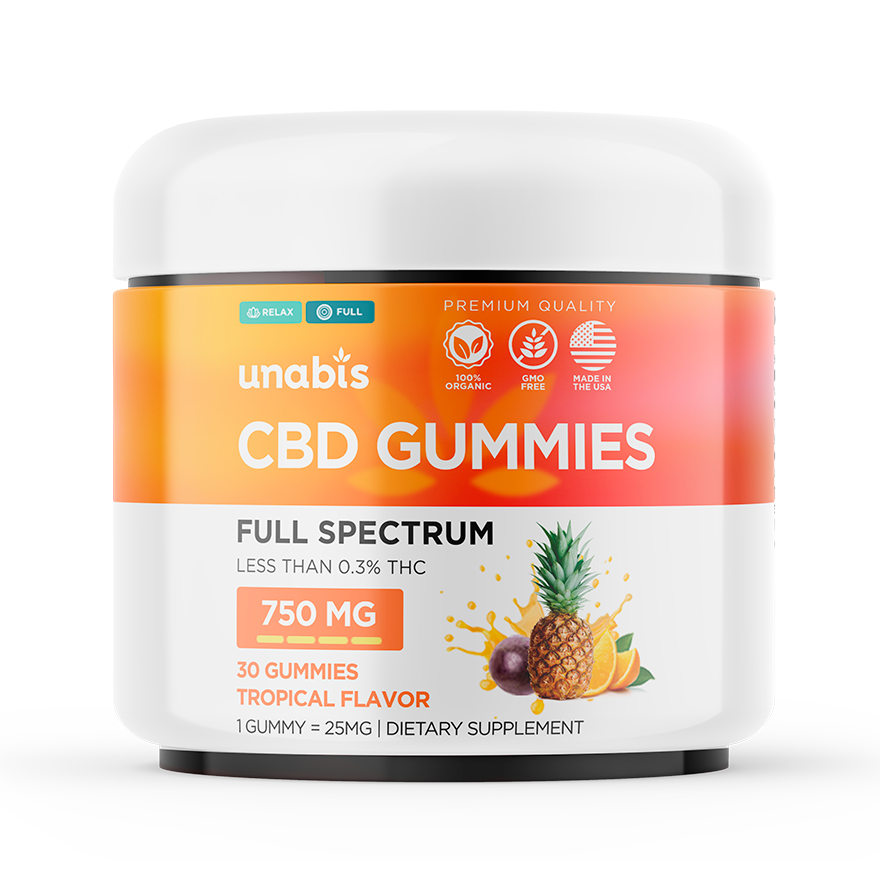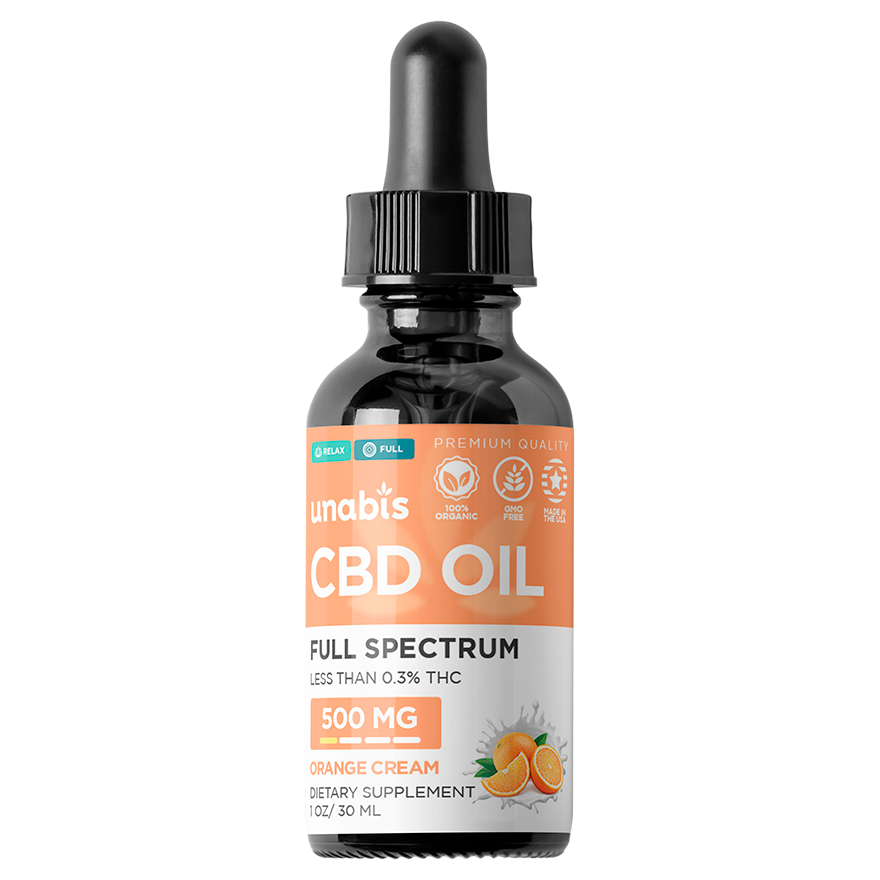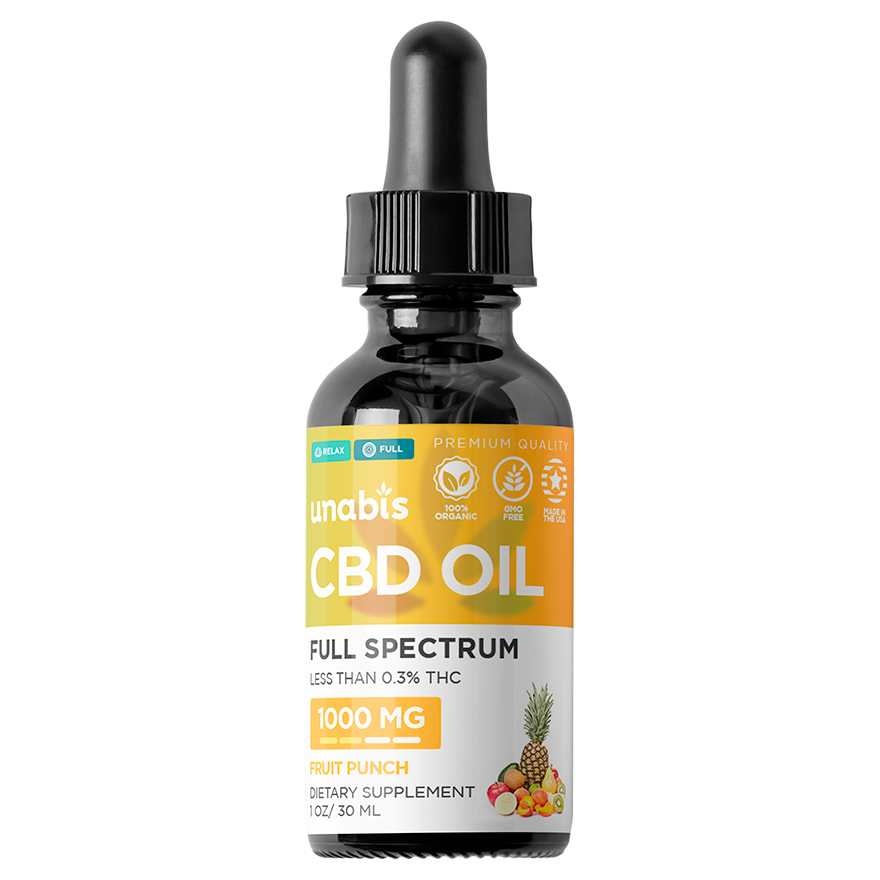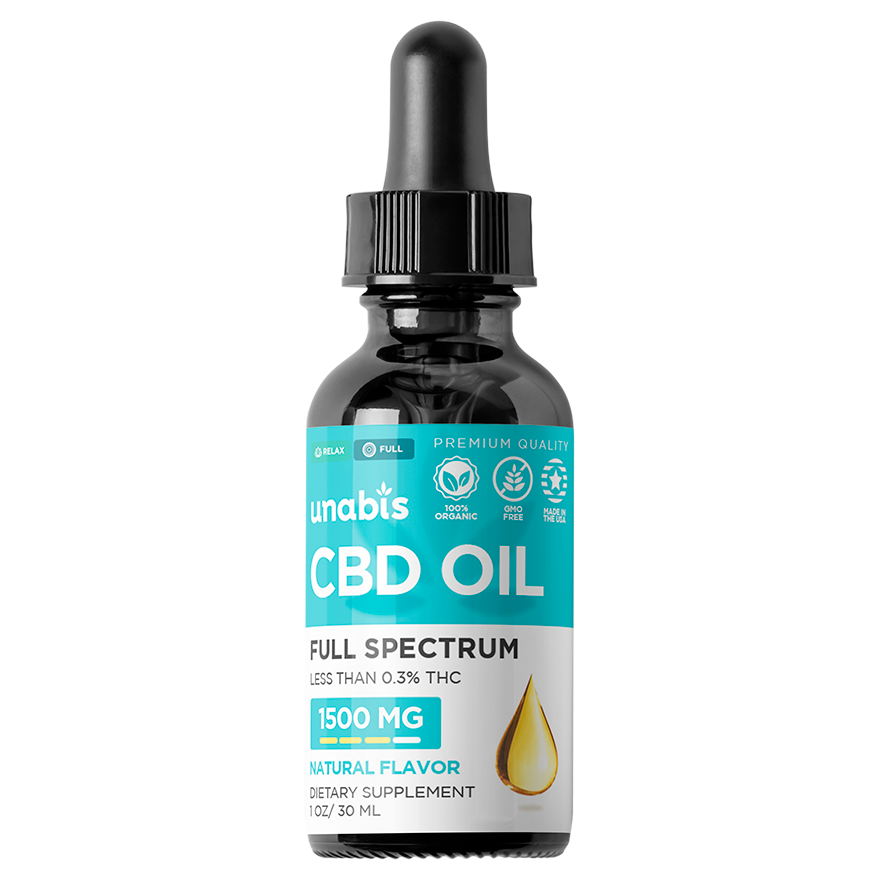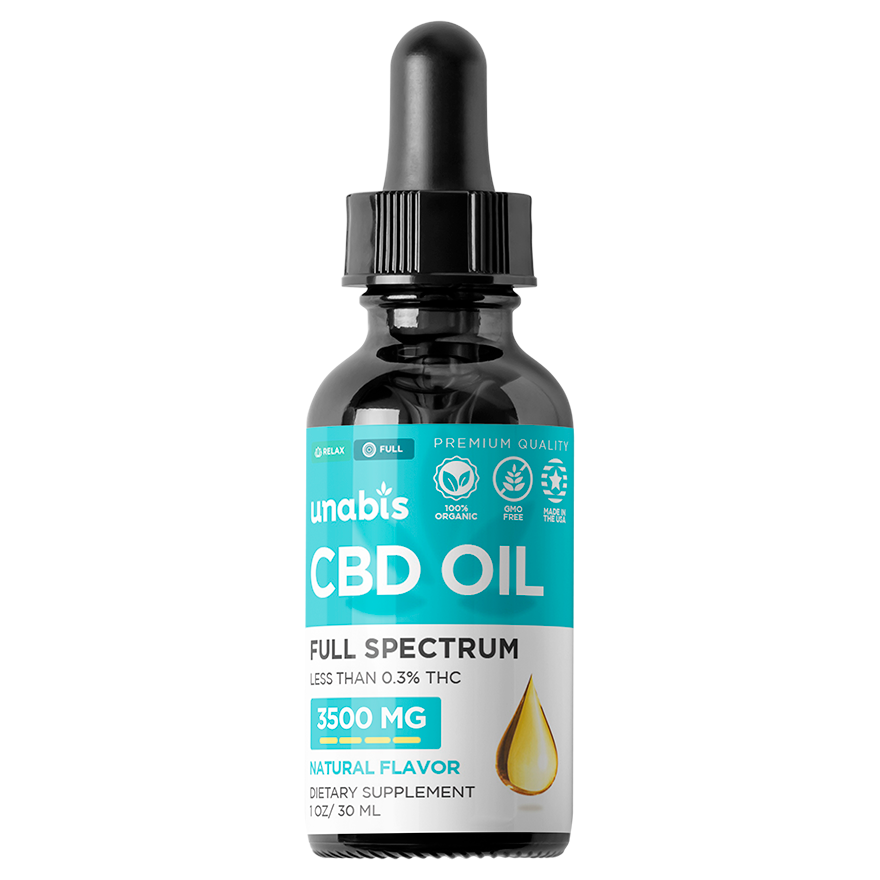Is CBD addictive? Does it make you high? To what extent is CBD oil addictive or dangerous to your physical or mental health? So many questions can haunt you right now, and if you’re a person who has heard something about CBD but didn’t get into detail yet, then take your time and get the most needed information about CBD and related stuff. Coming back to the main question of ‘is CBD addictive?’, you need to know that the answer is NO.
While online, you may come across myriads of CBD products, and it’s normal that you may have questions regarding the addictive effects. To get things clarified, you need to understand what CBD is and how it works alongside its benefits. What’s more, with this article, you’ll understand what addiction is in reality and why it has nothing to do with CBD and its products. So, is CBD addictive? Time to reveal.
How is Cannabidiol Different from Marijuana?
Cannabidiol or CBD is one of the main components of cannabis. CBD can be derived from the hemp plant or marijuana. Of course, many associate Cannabidiol with marijuana, yet the good news is that it doesn’t cause the feeling of being ‘high.’ But who says or ensures that CBD is not something that causes the high feeling? Who is behind the idea that gives a negative answer to the main question, ‘is CBD oil addictive?’ WHO (World Health Organization) is an institution that gives a simple answer, stating that CBD is not addictive and doesn’t form a dependence.
Unlike marijuana, effects of CBD derived from hemp is legal in the US. Legalization is one of the proofs making it clear that CBD is not addictive. So, is CBD addictive? Definitely, it’s not, as even FDA has made it easy to consume CBD, and thus if you still think that CBD oil and other products may make you ‘high’ or an addict, calm down because there’s no such danger.
The most interesting thing about CBD is that it can be used not only for recreational purposes, but it’s also known to have a great range of positive effects, quite critical in well-being, to be discussed later. CBD has become a spotlight since this chemical found in cannabis has so many hidden features to be discovered.
CBD vs. THC
CBD and THC can be derived from both hemp and cannabis. Starting from the time when the use of CBD became widely legal with some restrictions depending on the state you live in, people have become interested in getting products containing CBD. But what do you know about CBD and THC, and what makes them different?
Is CBD addictive? Now you know that it’s not addictive. But is THC addictive? Here is where problems start. THC or tetrahydrocannabinol is a natural compound like CBD, but the difference is that THC is a psychoactive element found in hemp and cannabis. THC can make ‘high,’ and thus, there are strict regulations on how THC can be allowed in the products. According to regulations and laws, the percentage of THC in the products must not exceed 0.3%.
CBD and THC are quite similar in their chemical structure, but one main difference is that the former doesn’t cause any sense of ‘high’, and now you can know more about ‘is CBD oil addictive?’ just by looking at the product to see whether it contains THC and how much it contains. Don’t ever buy any CBD product that has THC of more than 0.3%.
An interesting point to mention is that when using both CBD and THC products, the former will block the latter’s unneeded effects. Given their similar structure, CBD binds to the receptors and thus, blocks unwanted or intoxicating effects of THC. However, it doesn’t mean that a combination of these chemicals should cause addiction or other effects. Instead, both of them are said to have great positive effects.
CBD may help you with:
- reduce anxiety
- pain relieve
- better sleep
- reduce stress
In the case of THC, you’ll get the following benefits:
- pain management
- helping with muscle plasticity
- increasing appetite
- anti- nausea effect
- anti-anxiety effect
CBD and THC are like twins, where one is good, and another is a bit spoiled, but CBD, being a good bro, controls the demeanor of the THC. Yet, both of them are reported to give an impressive range of benefits. So, instead of wondering, ‘is CBD addictive?’, you need to wonder how you can benefit from it.
Does CBD Get You High
CBD is one of the widely used chemicals and used in products like tablets, tinctures, gummies, and so on. CBD oil is the main product that can be used under the tongue, added to food, and consumed with vapes. Given the benefits described above, it’s not surprising why CBD oil is so popular. Besides the question of ‘is CBD addictive or is CBD oil addictive?’, the other question is whether there’s a possibility that CBD can make you ‘high’.
Much research is being conducted to show the benefits of CBD, but one thing is clear that it doesn’t have any ‘high’ effects. However, with higher doses of CBD, some may experience uplifting effects, which are not the same as being ‘high’. Also, CBD may cause some mild side effects like:
- diarrhea
- feeling of tiredness
- feeling of nausea (a mild one)
- slight lethargy
- feeling of dryness in the mouth
How does Addiction work?
How addictive is CBD? Or is CBD addictive? Now that you know that CBD is not addictive and is legal in the US, you shouldn’t be bothered by such a question. However, you can wonder about the mechanism of being addicted to something. What’s more, there are types of addiction, but in general, there’s a common pathway endocannabinoid system of how one person can get addicted to something. It means that there can be many things that you can be addicted to, but how you become addicted follows a similar pattern in your brain.
Addiction demonstrates itself in three types of behavior. The first one is the strong desire for the stuff one is addicted to. If someone is addicted to marijuana, he or she will constantly want it despite anything. The second pattern of behavior is about losing control of how one uses any particular object. So, coming back to marijuana, it’s about wanting more and more, in terms of dosage. Finally, it’s about continuing the use of the object, despite unwanted or even lethal consequences of drug addiction.
For a long period, it was believed that addiction was associated with alcohol and other strong drugs. However, with advancements in medicine, it has been proven that addiction goes beyond them, and even pleasurable activities may lead to addiction. So, to answer the question ‘can CBD become addictive?,’ it’s critical to understand how one person can shift from a simple wish for something to an uncontrollable desire for that.
Addictions Mechanics
Before moving with the mechanics of how addiction develops, it’s important to look at the center where everything happens. Our brain is the center of any type of addiction, and the process of getting ‘high’ or euphoria, psychoactive effects takes place here. The brain is made up of different parts, and each of them controls something and functions accordingly. Instead of using too mechanical and unclear vocabulary, you should understand that the brain has a center known as a reward center.
Simply put, whenever someone uses addictive drugs, this center receives a flood of chemicals like dopamine, and the effect of satisfaction or relief is felt. The interesting fact is that the speed at how this dopamine will be released will determine the addiction. Even how you administer drugs can affect the pathway to the center of reward where addiction starts to develop. So, is CBD addictive when it comes to this pathway of dopamine? There’s no such evidence showing that CBD will affect this part of the brain.
Pleasure Principle
The way the brain’s reward center was discovered is related to the principle of pleasure. No matter how and what we take and consume, addiction starts its effect cannabis addiction with the above- mentioned release of dopamine. With addictive drugs, the particular place in the brain will start to release this chemical, and with the principle of pleasure, our brain gets accommodated to such activities, and every time someone consumes that particular drug, their brain will develop this chemical, dopamine, much faster.
Learning Process
Now you know that pleasure affects the release of dopamine and contributes to the addiction process. However, not long ago, scientists believed that the effect of pleasure was associated with dopamine, but the process turned out to be more complicated. Actually, dopamine is responsible for the process of learning and memory, and these two factors are the ones you can blame for shifting from simply wanting something to a strong and uncontrollable desire medical marijuana.
The release of dopamine will work with glutamate, another chemical associated with the learning process. This glutamate links basic needs with pleasure, and thus, adds up to addiction. Addictive chemicals will interact with the behavior of the person, and thus, the learning process of the brain is another factor making a person addicted to any substance or activity.
Tolerance and Compulsion
Here comes the most unwanted part of addiction. Once a person gets addicted to any substance or behavior, they develop pleasure pathways of dopamine and other chemicals, with shortcuts. So, the release of chemicals will take place faster than it will be under natural circumstances. But after some time, the brain adapts to such a release and starts demanding more as the previous release becomes insufficient.
Tolerance and compulsion are conditions that develop after exposure to addictive substances or behaviors. They are responsible for making people want more. Also, they’re also blamed for the cases of relapses. Any addict receiving treatment may have uncontrollable cravings whenever he or she sees the needle, as an example.
So, people start with simply wanting something, and the brain’s reward center will get the flooding of dopamine to what it adapts. Alongside dopamine, it’s a set of combinations of other chemicals like glutamate and other neurotransmitters that contribute to addiction. After some time, the dosing becomes not enough for the person, and they start seeking a chance to get more. They may be aware of their addiction clinical trials at some point, but anything reminiscent of their addictive behavior may lead to relapse.
This is how addiction works, but what is it to do with CBD? Is CBD addictive when it comes to such a mechanism described? Is pure CBD oil addictive when it comes to the release of any chemicals in the brain? Actually, it’s proven that CBD doesn’t cause any effect of addiction in people. CBD is not addictive and doesn’t cause any unwanted effects of dependence, so your body won’t demand more CBD.
Addiction Criteria
Is CBD oil addictive? From the mechanics of addiction, it’s hard to say that CBD may affect inducing addiction in the brain. Not everyone is an expert in detecting the mechanism of addiction that takes place in the brain through the complex pathways of chemicals. However, there are some criteria that help understand and detect the person with the addiction. Here are the main ones:
- dangerous use of any substance or drug
- problems with socialization and interaction with others
- starting to ignore responsibilities and other things that one can be in charge of
- experiencing the symptoms of withdrawal and neuropathic pain
- need to increase the dosage to get the effect of pleasure chronic pain
- using larger amounts of the substance and increasing the frequency of usage
- failing at quitting and trying to get over it without any results
- much time is spent on using that substance
- development of physical or psychological issues caused by substance abuse
- development of uncontrollable craving
Is CBD Oil Addictive?
Is CBD addictive? The best answer is the fact that CBD is used to treat addiction. What a twist, isn’t it? What doesn’t make us addicted makes us stronger and healthier. So, simply put, CBD oil isn’t only dangerous in terms of addiction, but it helps reduce the effects of addiction related to drugs. Given the other benefits of CBD hemp oil, you can be safe when using it, be it for recreational purposes or for something else.
Most Popular CBD Products Options
Since you should not worry about the issue of ‘is CBD addictive or are CBD products addictive?’, you can think of getting one product from an online or local shop. With our Unabis online shop, you’ll benefit from the following products.
CBD Tinctures
At Unabis, you’ll have access to tincture with CBD of different flavors. With tinctures composed of alcohol, cinnamon, and other components, you’ll benefit from the CBD effects described above. It’s very similar to the benefit of CBD oil and very practical in use.
Besides being non-addictive, CBD oil tinctures can bring a lot of benefits to your health. Try Unabis CBD Oil Drops and see it yourself!
CBD Gummies
What can be more convenient to consume than chewing gums containing CBD? It’s the practical solution for your pain management and improving your mood. Is CBD addictive with gummies? No chance for that, and what’s more, you’ll get the maximum benefits from the chronic cannabis gummies of various flavors and appealing prices at Unabis.
With CBD Gummies, health support can always be at hand. Use Unabis CBD Gummies to take better care of yourself anytime and anywhere!
Bottom Line
Is CBD addictive? To what extent is CBD oil addictive and harmful? Is CBD oil without the THC addictive? Are CBD products addictive?Now that you know that CBD is a chemical component of cannabis and hemp that isn’t psychoactive, you can say that there’s nothing dangerous about it. What’s more, given its benefits, it seems a good idea to try out CBD products. Great news is that you are at the right place here, at Unabis CBD Shop!
F.A.Q.
Is CBD addictive?
No, CBD isn’t addictive in any form, as it represents the chemical compounds without psychoactive elements, and thus, it doesn’t have an effect on addiction. What’s more, it doesn’t cause any feeling of high.
Is CBD oil additive?
Since CBD oil is made up of cannabidiol, there’s no need to worry about its effects. Except for some mild side effects, you won’t have problems consuming CBD oil.
Can you get addicted to CBD?
No, you won’t get addicted to CBD oil since cannabidiol in the oil won’t cause any addiction results. What’s more, CBD oil can be even helpful when treating drug addiction conditions.
Can CBD become addictive?
No, CBD cannot become addictive since cannabidiol won’t cause any addiction results. What’s more, CBD oil can be even helpful when treating drug addiction conditions.
Are CBD gummies addictive?
CBD gummies are harmless. They are very practical solutions for consuming CBD without any hazards or chances of getting addicted to CBD.


